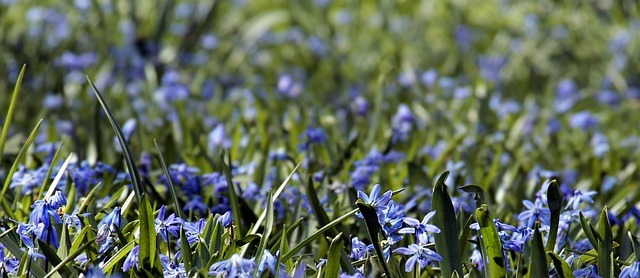Organic Gardening with Natural Solutions
Organic gardening is a great way to grow your own food and flowers without the use of harmful chemicals. It is a way of gardening that is environmentally friendly and beneficial to the environment. In this article, we will discuss the benefits of organic gardening, the different natural solutions available, and how to get started.
Benefits of Organic Gardening
Organic gardening has a number of benefits for both the environment and the gardener. Firstly, organic gardening eliminates the need for synthetic fertilizers and pesticides. These chemicals can be harmful to the environment and the people who come into contact with them. Organic gardening also encourages biodiversity, as it provides a habitat for beneficial insects, birds, and other wildlife. Additionally, organic gardening can reduce the amount of water used, as it encourages the use of mulch and other soil-enriching practices. Finally, organic gardening promotes healthy eating, as the produce is free from chemical residues.
Natural Solutions
Organic gardening relies on natural solutions to provide the necessary nutrients and pest control. Composting is one of the most common natural solutions used in organic gardening. Composting involves breaking down organic material such as food scraps, leaves, and grass clippings to create a nutrient-rich soil amendment. Compost can also be used to suppress weeds and retain moisture in the soil.
Another natural solution is the use of beneficial insects. Beneficial insects such as ladybugs, lacewings, and praying mantises can be used to naturally control pests. These insects feed on the eggs and larvae of common garden pests, reducing the need for chemical solutions.
Finally, companion planting is another natural solution used in organic gardening. Companion planting is the practice of planting two or more plants together to create a beneficial environment. For example, planting tomatoes and basil together can help to deter pests and increase the flavor of the tomatoes.
Getting Started
If you are interested in getting started with organic gardening, the first step is to create a plan. Start by researching the type of plants you want to grow and the natural solutions you will use. Then, create a planting plan that includes companion planting and other natural solutions.
Next, you will need to prepare the soil. Start by testing the soil to determine the pH level and nutrient levels. Then, amend the soil with compost and other organic matter. Finally, you will need to create a watering plan and mulch the soil to retain moisture.
Finally, you will need to choose the right plants for your organic garden. Choose plants that are suitable for your climate and soil conditions. Also, consider companion planting, as this can help to deter pests and increase the yield of your plants.
Conclusion
Organic gardening is a great way to grow your own food and flowers without the use of harmful chemicals. It is beneficial to the environment and the gardener, as it eliminates the need for synthetic fertilizers and pesticides. Additionally, organic gardening encourages biodiversity and can reduce the amount of water used. Natural solutions such as composting, beneficial insects, and companion planting can be used to provide the necessary nutrients and pest control. To get started with organic gardening, create a plan, prepare the soil, and choose the right plants.

